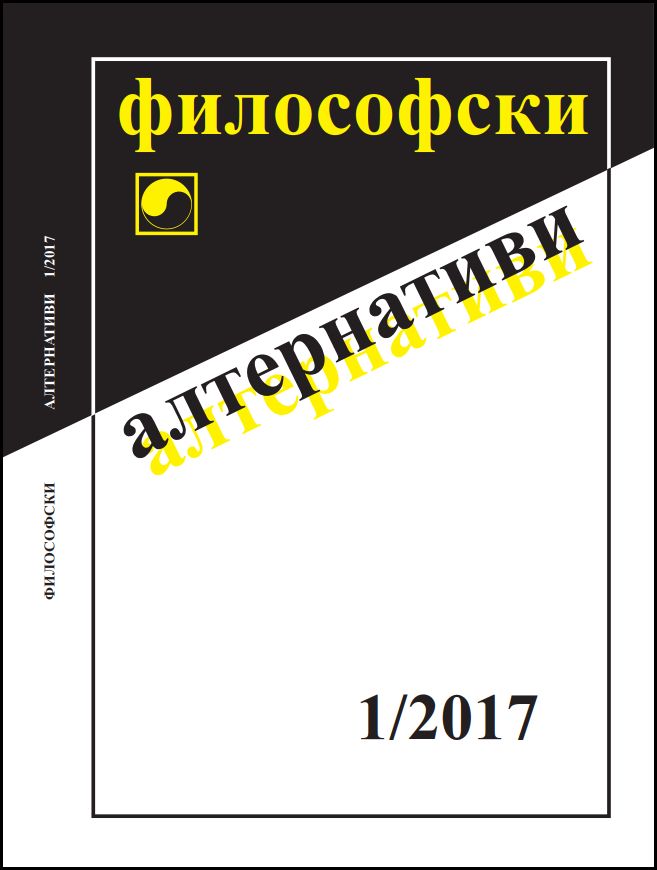
We kindly inform you that, as long as the subject affiliation of our 300.000+ articles is in progress, you might get unsufficient or no results on your third level or second level search. In this case, please broaden your search criteria.

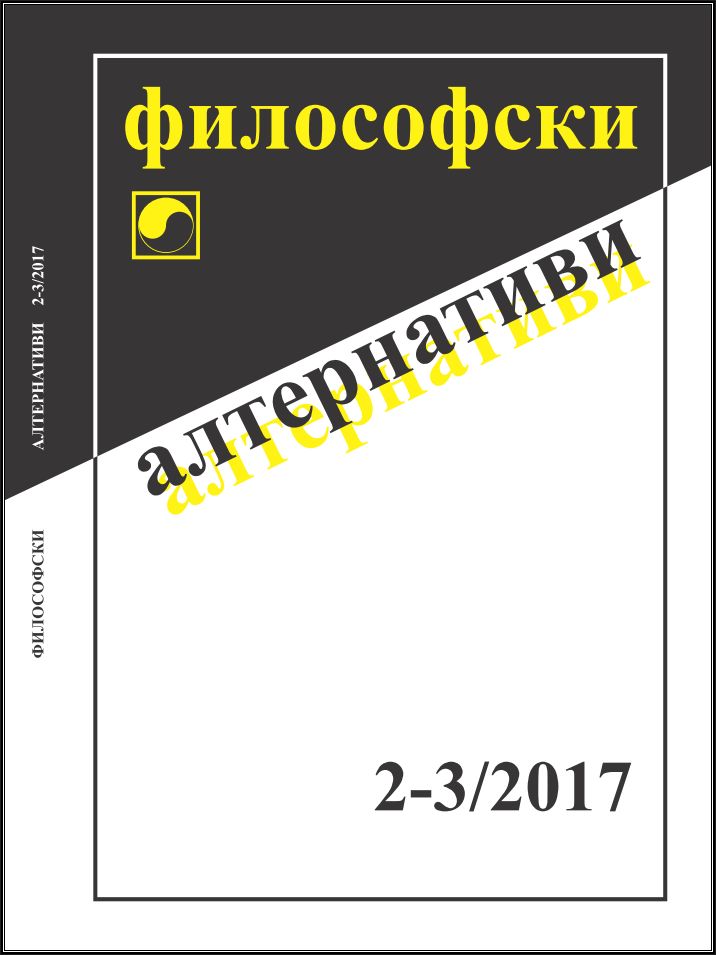
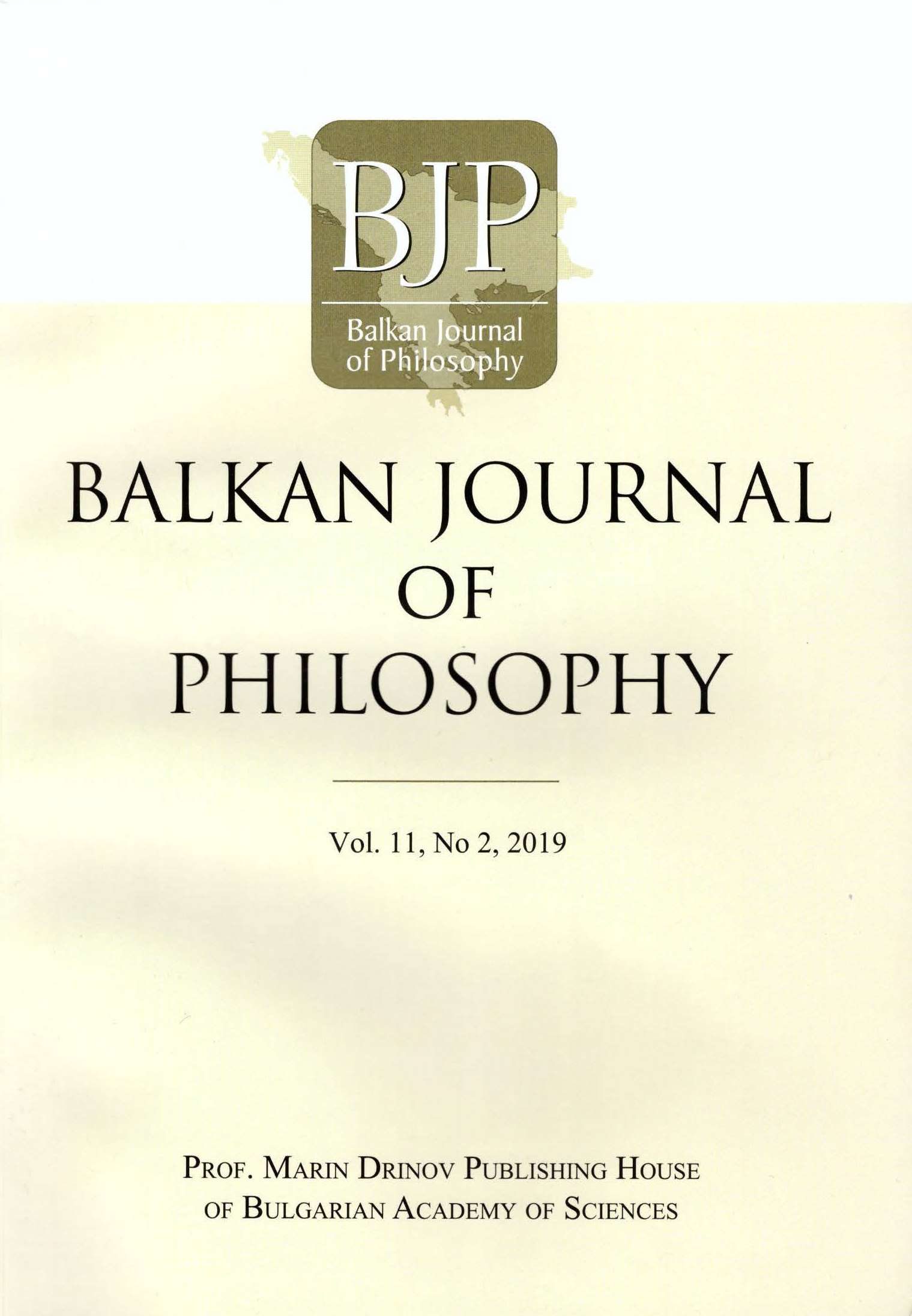
First a sketch of the current state of the debate of the phenomenon of consciousness is provided; based on it David Chalmer’s distinction between the weak and the hard problem of consciousness will be introduced. It will be indicated that Whitehead’s process philosophy is able to offer a promising basis for solving the hard problem by showing how the concept of consciousness is anchored in his metaphysical theory. In the remaining parts of the paper the so-called weak problem of consciousness will be ad-dressed in more detail by comparing Whitehead’s speculative account with Piaget’s empirical research results concerning the phenomenon of consciousness. By showing that Whitehead’s and Piaget’s positions on consciousness over-lap widely a kind of indirect empirical support of White-head’s philosophical position will be achieved. At those points where the two positions deviate – that is in only two points – there are indications that Whitehead holds the more plausible position. So this investigation confirms William Seager’s suggestion that more attention should be drawn to Whitehead’s process philosophy when trying to solve the hard, as well as the weak problem of consciousness. In order to substantiate this claim two topics are discussed from the point of view of Whitehead’s position of consciousness: (a) learning and consciousness and (b) artificial consciousness.
More...
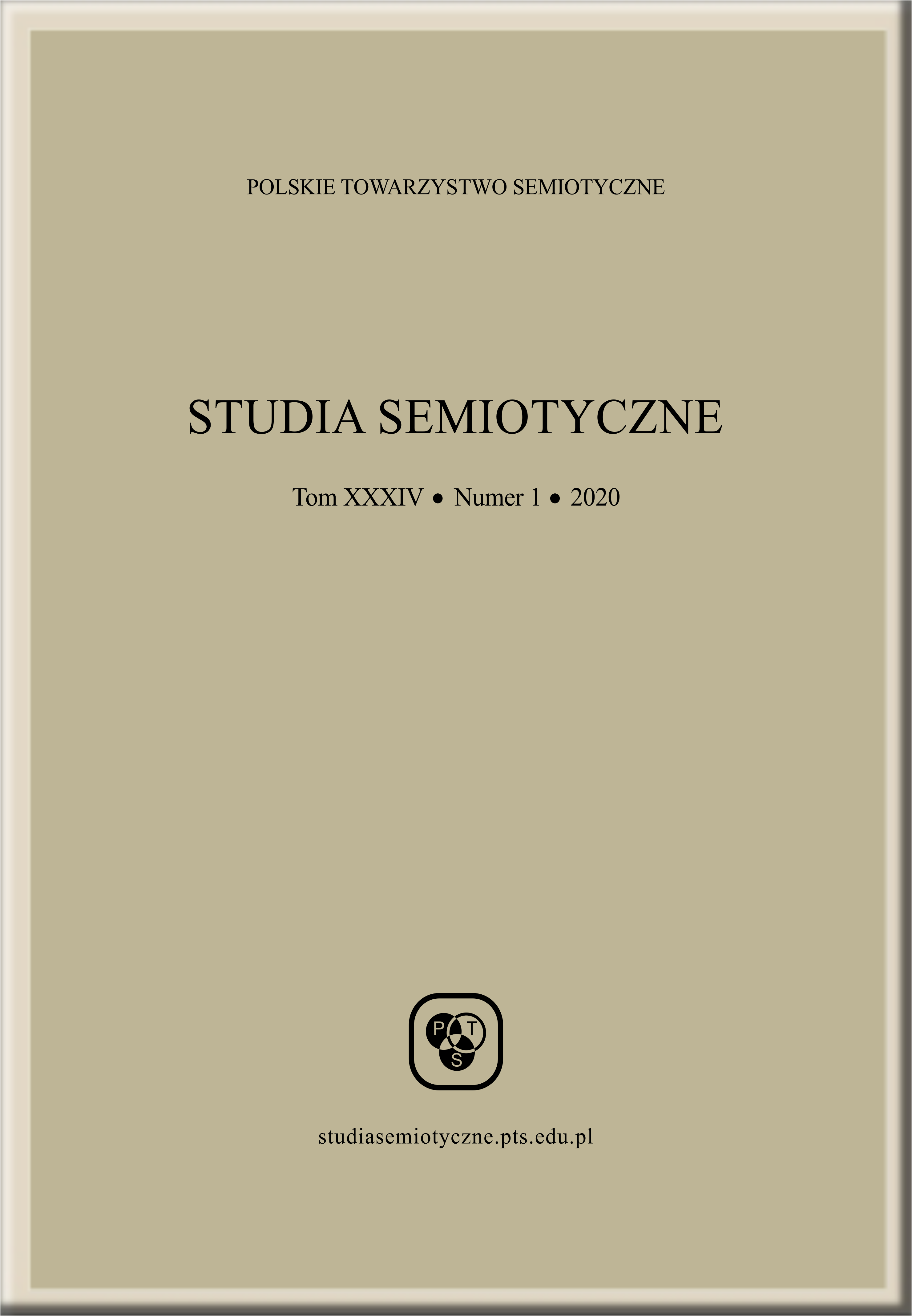
The articles in this issue can be divided into three groups. Krajewski’s article, Yong Cheng’s contribution, and a short note by Rudy Rucker, provide detailed mathematical analysis of Lucas-Penrose type arguments. In the second group, with articles by Arnon Avron, Stepan Holub, Panu Raaikiainen, and Albert Visser, the authors discuss the status and various methodological and technical problems of the anti-mechanist arguments. In essence: what does the problem of “minds vs. machines” really mean, and how can it, and how should it, be formulated? Moreover: How to evaluate the merit of arguments that mix formal mathematics and philosophical considerations? The third group consists of the articles that, while including issues from the other two groups, concentrate of more specific themes: an analysis of Georg Kreisel’s observation that it does not logically follow from the fact that a formal system is subject to the second Gödel incompleteness theorems that there are absolutely no means available to prove its consistency (Jeff Buechner); Per Martin-Löf’s proof that there are no absolute unknowables in constructive mathematics (V. Alexis Peluce); diagonal arguments and Chomsky’s approach to linguistic competence as contrasted with arithmetic competence (David Kashtan); and the role in the anti-mechanist arguments of difficulties in capturing the nature of natural numbers in formal systems (Paula Quinon).
More...
The alleged proof of the non-mechanical, or non-computational, character of the human mind based on Gödel’s incompleteness theorem is revisited. Its history is reviewed. The proof, also known as the Lucas argument and the Penrose argument, is refuted. It is claimed, following Gödel himself and other leading logicians, that antimechanism is not implied by Gödel’s theorems alone. The present paper sets out this refutation in its strongest form, demonstrating general theorems implying the inconsistency of Lucas’s arithmetic and the semantic inadequacy of Penrose’s arithmetic. On the other hand, the limitations to our capacity for mechanizing or programming the mind are also indicated, together with two other corollaries of Gödel’s theorems: that we cannot prove that we are consistent (Gödel’s Unknowability Thesis), and that we cannot fully describe our notion of a natural number.
More...
The incompleteness theorems constitute the mathematical core of Gödel’s philosophical challenge. They are given in their “most satisfactory form”, as Gödel saw it, when the formality of theories to which they apply is characterized via Turing machines. These machines codify human mechanical procedures that can be carried out without appealing to higher cognitive capacities. The question naturally arises, whether the theorems justify the claim that the human mind has mathematical abilities that are not shared by any machine. Turing admits that non-mechanical steps of intuition are needed to transcend particular formal theories. Thus, there is a substantive point in comparing Turing’s views with Gödel’s that is expressed by the assertion, “The human mind infinitely surpasses any finite machine”. The parallelisms and tensions between their views are taken as an inspiration for beginning to explore, computationally, the capacities of the human mathematical mind.
More...
This paper reassesses the criticism of the Lucas-Penrose anti-mechanist argument, based on Gödel’s incompleteness theorems, as formulated by Krajewski (2020): this argument only works with the additional extra-formal assumption that “the human mind is consistent”. Krajewski argues that this assumption cannot be formalized, and therefore that the anti-mechanist argument – which requires the formalization of the whole reasoning process – fails to establish that the human mind is not mechanistic. A similar situation occurs with a corollary to the argument, that the human mind allegedly outperforms machines, because although there is no exhaustive formal definition of natural numbers, mathematicians can successfully work with natural numbers. Again, the corollary requires an extra-formal assumption: “PA is complete” or “the set of all natural numbers exists”. I agree that extra-formal assumptions are necessary in order to validate the anti-mechanist argument and its corollary, and that those assumptions are problematic. However, I argue that formalization is possible and the problem is instead the circularity of reasoning that they cause. The human mind does not prove its own consistency, and outperforms the machine, simply by making the assumption “I am consistent”. Starting from the analysis of circularity, I propose a way of thinking about the interplay between informal and formal in mathematics.
More...
Certain selected issues around the Gödelian anti-mechanist arguments which have received less attention are discussed.
More...
We argue that thinking of the man-machine comparison in terms of a contest involves, in a reasonable scenario, a criterion of success that is neutral. This is because we want to avoid a petitio principii. We submit, however, that, by looking at things this way, one makes the most essential human things invisible. Thus, in a sense, the contest approach is self-defeating.
More...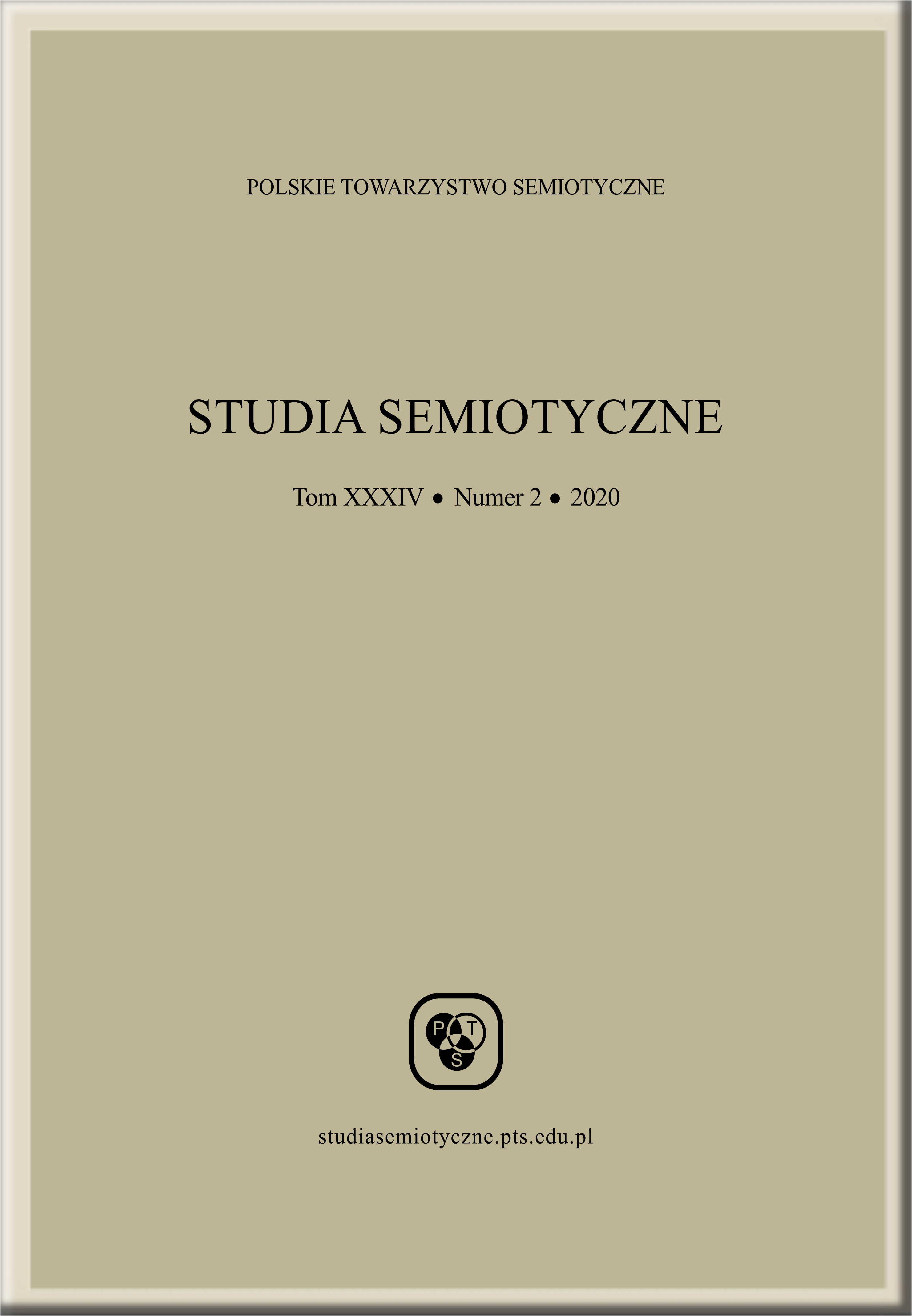
The disciplines of general philosophy, philosophy of language, and linguistics have in common an interest in saying what it is that we can infer: what meaning, what truth; and how those inferences are to be justified. To do this, philosophers and linguists have endlessly discussed the concepts of truth and of meaning, and also the means of inference and its degrees of reasonableness and reliability. These debates do not narrow down to definitive answers, rather they broaden and spread their concerns into ever-widening fields of investigation [...].
More...
The aims of this paper are to illustrate where previous attempts at the characterisation of slippery slope arguments (SSAs) have gone wrong, to provide an analysis which better captures their true nature, and to show the importance of achieving a clear definition which distinguishes this argument structure from other forms with which it may be confused. The first part describes the arguments of Douglas Walton (2015) and others, which are found wanting due to their failure to capture the essence of the slippery slope and their inability to distinguish SSAs from other consequentialist forms of argument. The second part of the paper puts forward a clear analysis of what is special about SSAs: it is argued that all SSAs, properly so-named, claim that reaching a certain conclusion, A, involves the negation of a thitherto accepted principle, P, and that that principle is necessary to argue against further conclusions (B, C, …, Z) which are considered unacceptable.
More...
In light of recent developments in argumentation theory, we begin by considering the account that Aristotle gives of what he calls sophistical refutations (elenchoi sophistikoi) and of the usefulness of being able to recognise various species of them. His diagnosis of one of his examples of the grouping that he labels epomenon is then compared with a very recent account of the matter, which, like Aristotle, calls on us to attribute a mistake or confusion to anyone who uses this kind of argument. From examination of three other examples that Aristotle himself supplies of epomenon, it appears that there are cases of inferences of this kind that we need not, and perhaps cannot, avoid making. The suggestion is made that this is because the whole family of what Peirce calls abductions have important characteristics in common with epomenon.
More...
Within the Gricean framework in pragmatics, communication is understood as an inferential activity. Other approaches to the study of linguistic communication have contended that language is argumentative in some essential sense. My aim is to study the question of whether and how the practices of inferring and arguing can be taken to contribute to meaning in linguistic communication. I shall suggest a two-fold hypothesis. First, what makes of communication an inferential activity is given with its calculability, i.e. with the possibility to rationally recover the assigned meaning by means of an explicit inference. Secondly, the normative positions that we recognize and assign each other with our speech acts comprise obligations and rights of a dialectical character; but this fact does not entail nor presuppose an argumentative nature in language or speech. Both inferring and arguing are needed, however, in the activity of justifying and assessing our speech acts.
More...
In this paper I argue that the notions of speaker’s reference and semantic reference—used by Kripke in order to counter the contentious consequences of Donnellan’s distinction between the referential use and the attributive use of definite descriptions—do not have any application in the interpretive interaction between speaker and hearer. Hearers are always concerned with speaker’s reference. Either, in cases of cooperation, as presented as such by the speaker or, in cases of conflict, as perceived as such by the hearer. Any claim as to semantic reference is irrelevant for the purposes of communication and conversation. To the extent that the purpose of semantic theory is to account for linguistic communication, there is no reason to take definite descriptions to have semantic reference.
More...
According to the quotational theory of meaning ascriptions, sentences like “‘Bruder (in German) means brother” are abbreviated synonymy claims, such as “‘Bruder (in German) means the same as ‘brother’”. After discussing a problem with Harman’s (1999) version of the quotational theory, I present an amended version defended by Field (2001; 2017). Then, I address Field’s responses to two arguments against the theory that revolve around translation and the understanding of foreign expressions. Afterwards, I formulate two original arguments against both Harman’s and Field’s versions of the theory. One of them targets the hyperintensionality of quotations and the other raises a problem pertaining to variant spellings of words.
More...
In this paper, I aim to characterize the pragmatist and anti-deflationist notions of truth. I take Habermas’s rather recent discussion (1999) and present the interpretation that his notion of truth relies on the reliabilist conception of knowledge rather than the internalist conception that defines knowledge as a justified true belief. Then, I show that my interpretation is consistent with Habermas’s project of weak naturalism. Finally, I draw some more general implications about the pragmatist notion of truth.
More...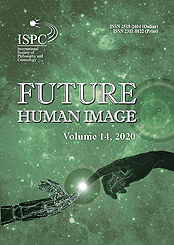
Argumentation theory is a crucial discipline for the development of the modern world. It provides innovative ways of evolution in interdisciplinary studies. Multimodality, which is the subject of this research, is an essential feature of human nature. Comparative analysis of modern views on multimodal argumentation and their generalization allows interpreting multimodal argumentation as “a social activity in which debaters use various modes to promote a particular point of view and study its acceptability.” The structural elements of multimodal argumentation are verbal, visual, sound, taste, etc. modes. The involvement of the latter сan increases the efficiency of argumentation
More...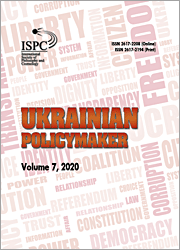
The modern theory of argumentation is an interdisciplinary field of research. The sphere of interest of argumentation theory embraces the most effective tools of persuasion in interpersonal communication.At the same time, the focus is on studying not only how the argumentative process is built but also the areas where argumentation is used. Such interest contributes in particular to the study of cultural features, which in turn influence the development of the argumentative process. A key feature of this process is multimodality, which consists of the use of verbal and nonverbal modes. This paper is devoted to the analysis of our research project focused on the multimodal view on aggressiveness in interpersonal arguing.
More...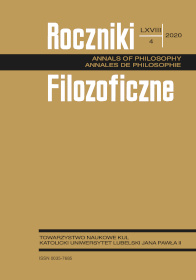
The objective of this paper is to formulate adequate set theoretic semantics for Tkaczyk’s positional calculi and (Tkaczyk 2007).The objective of this paper is to formulate adequate set theoretic semantics for Tkaczyk’s positional calculi RB, RK, and RP (Tkaczyk 2007).
More...